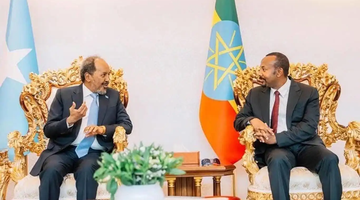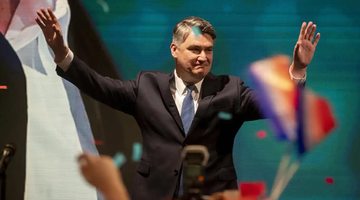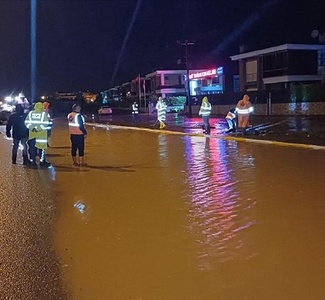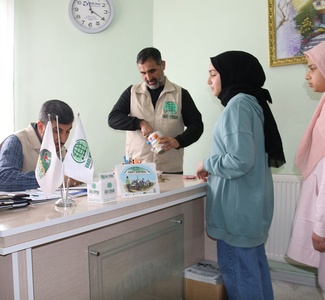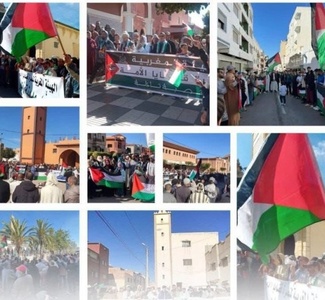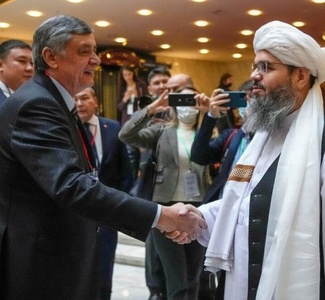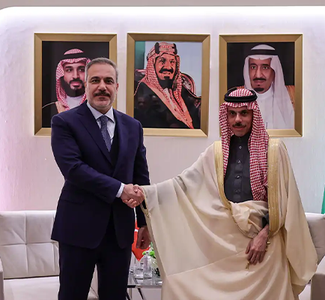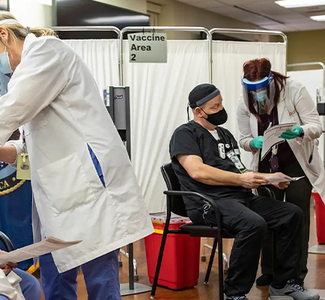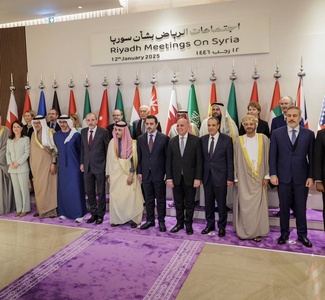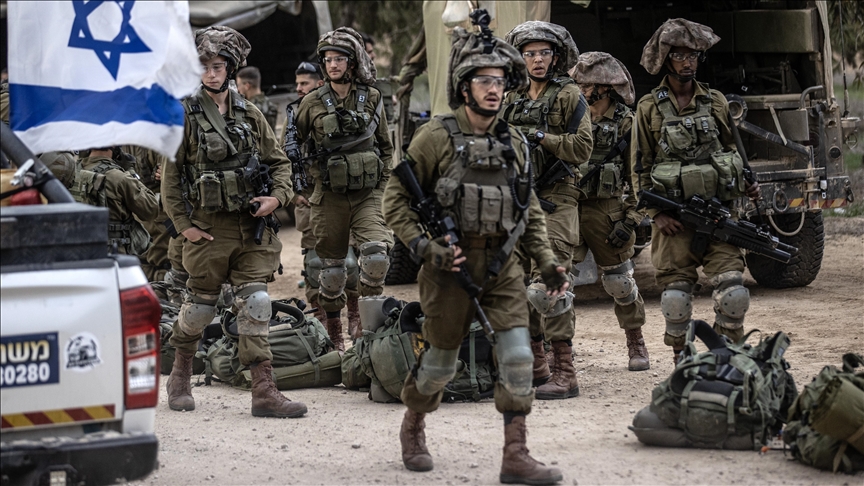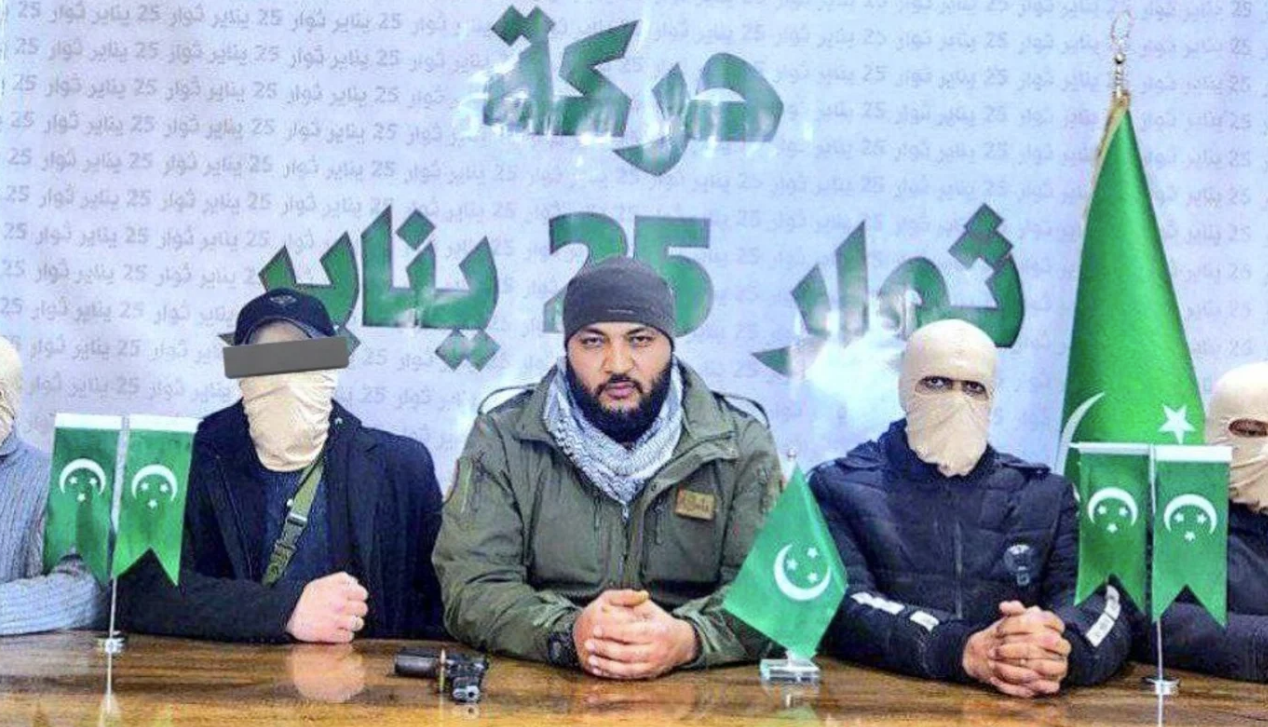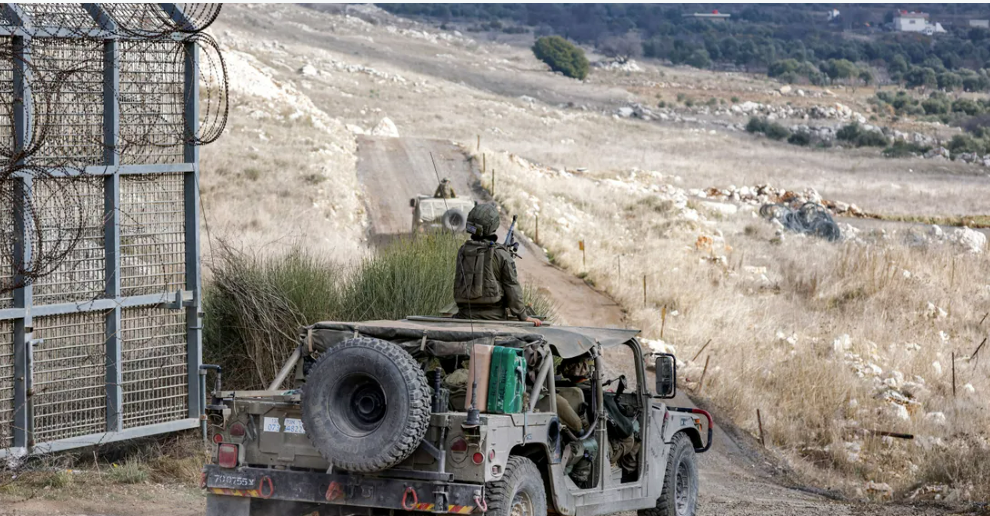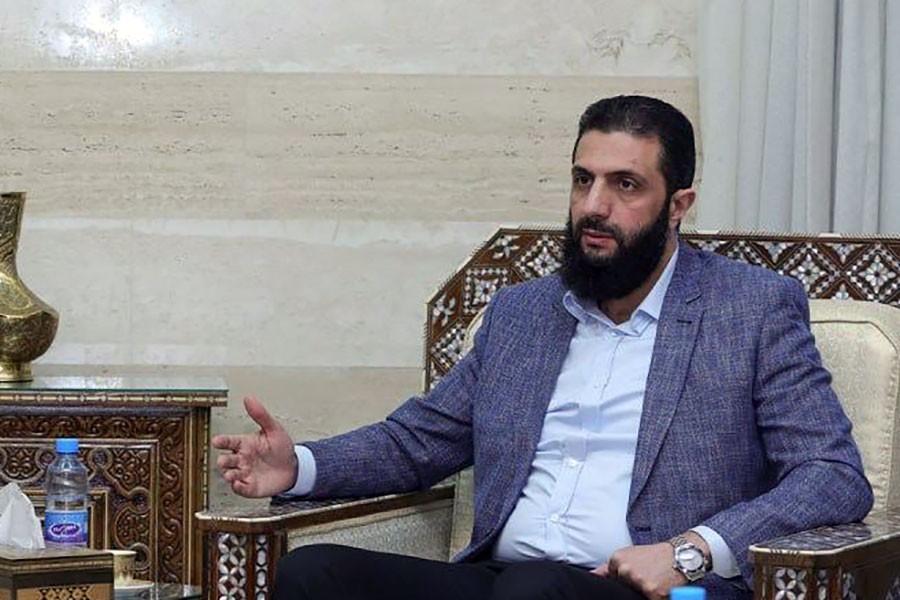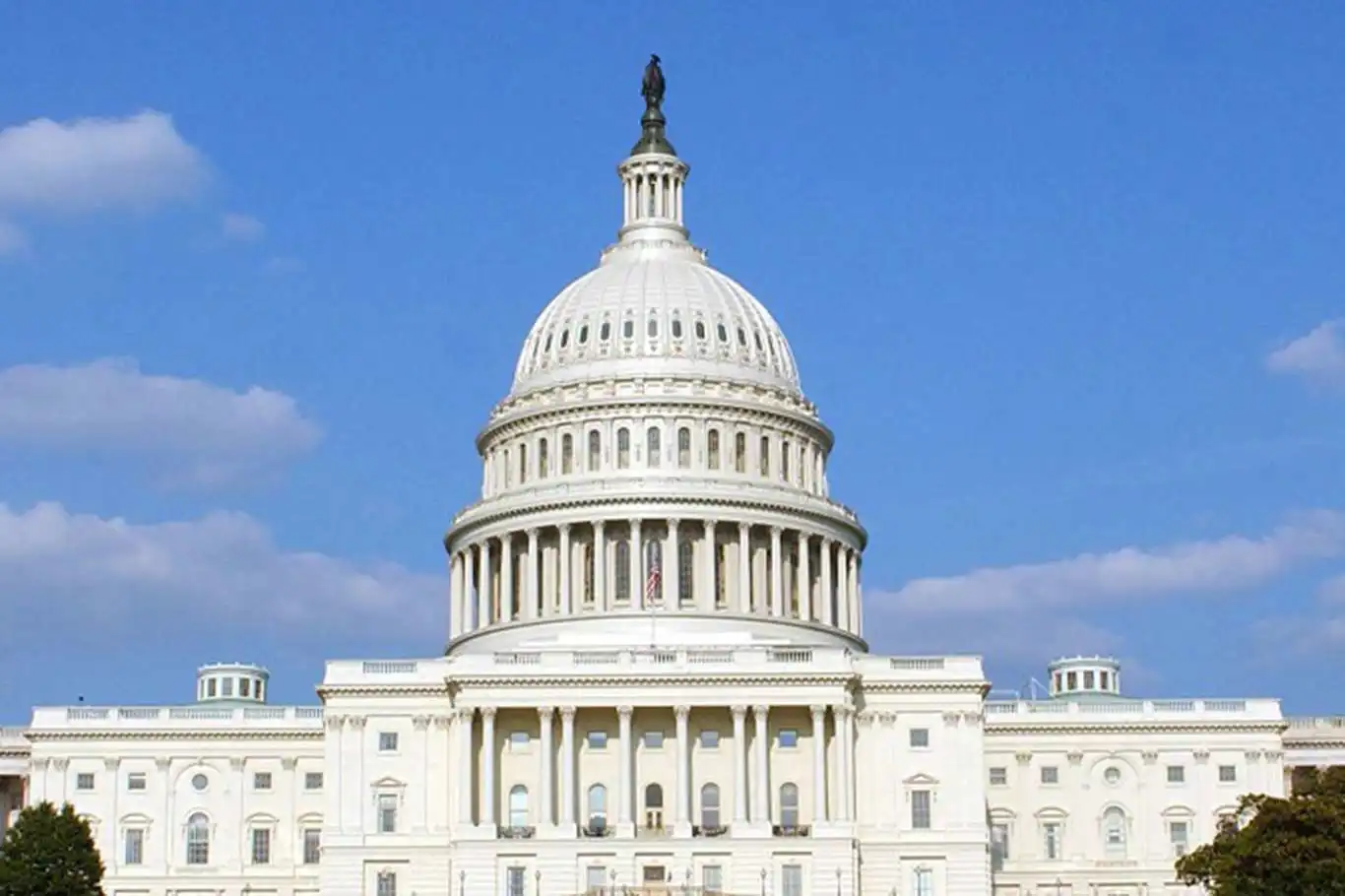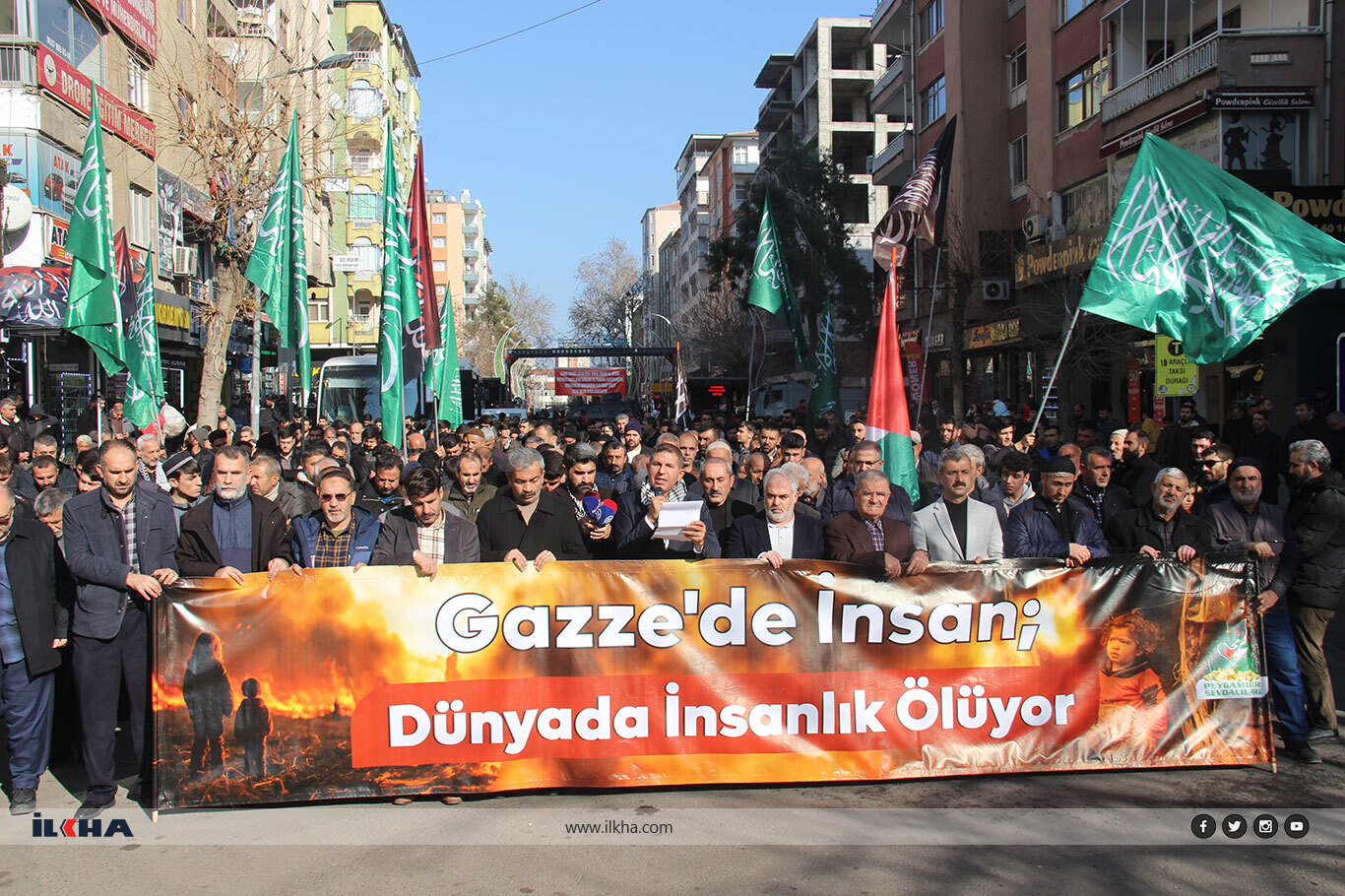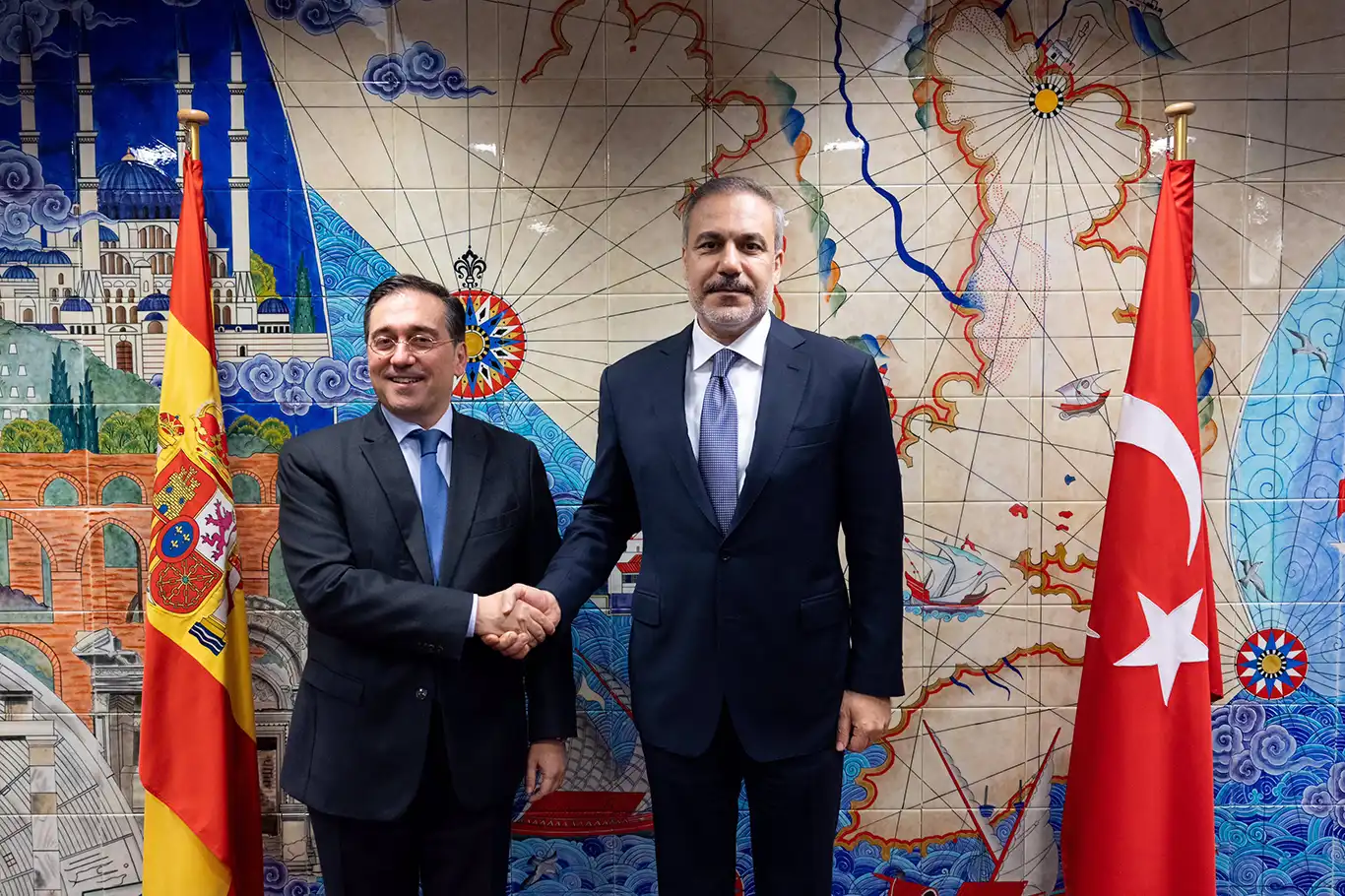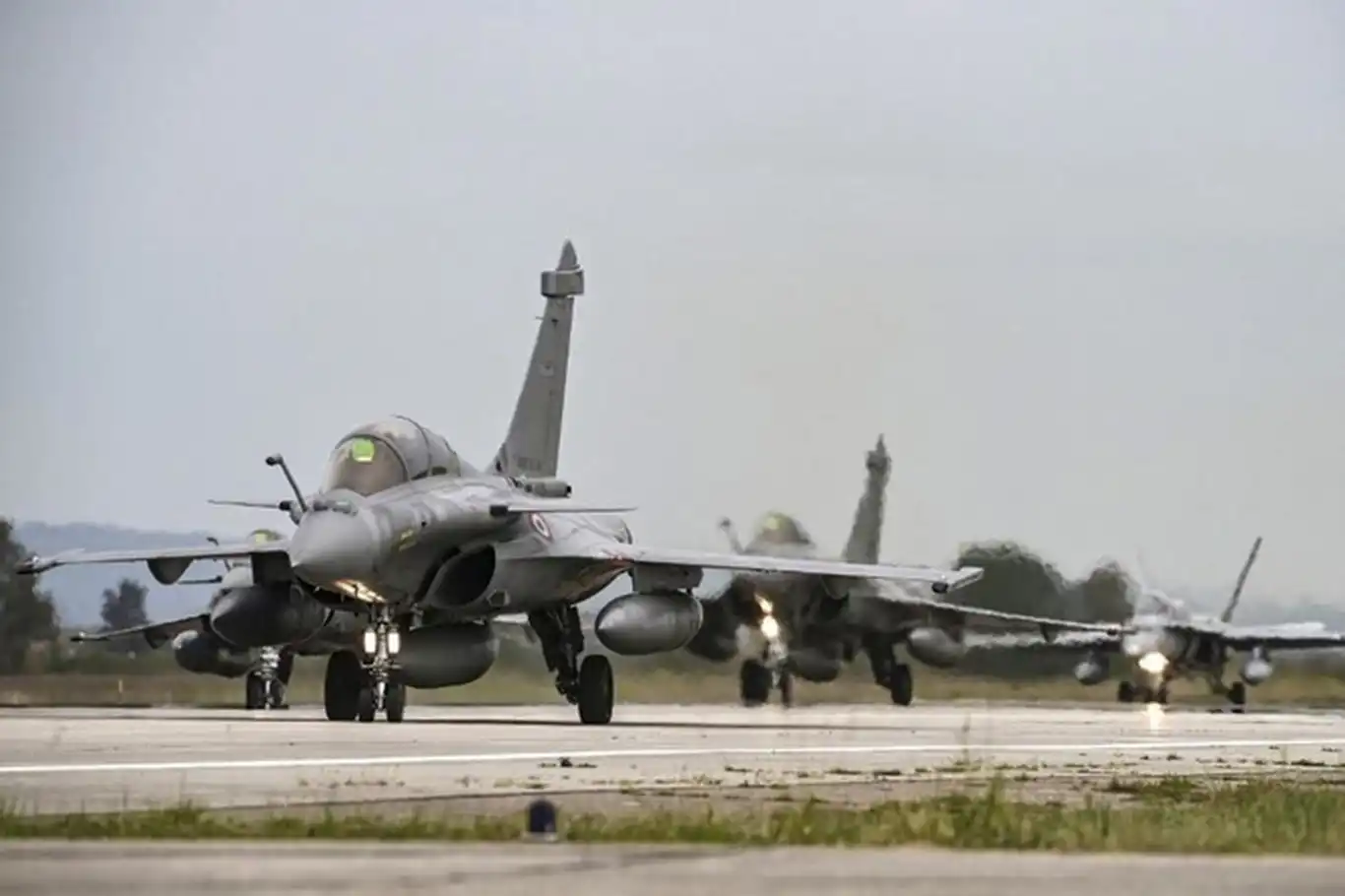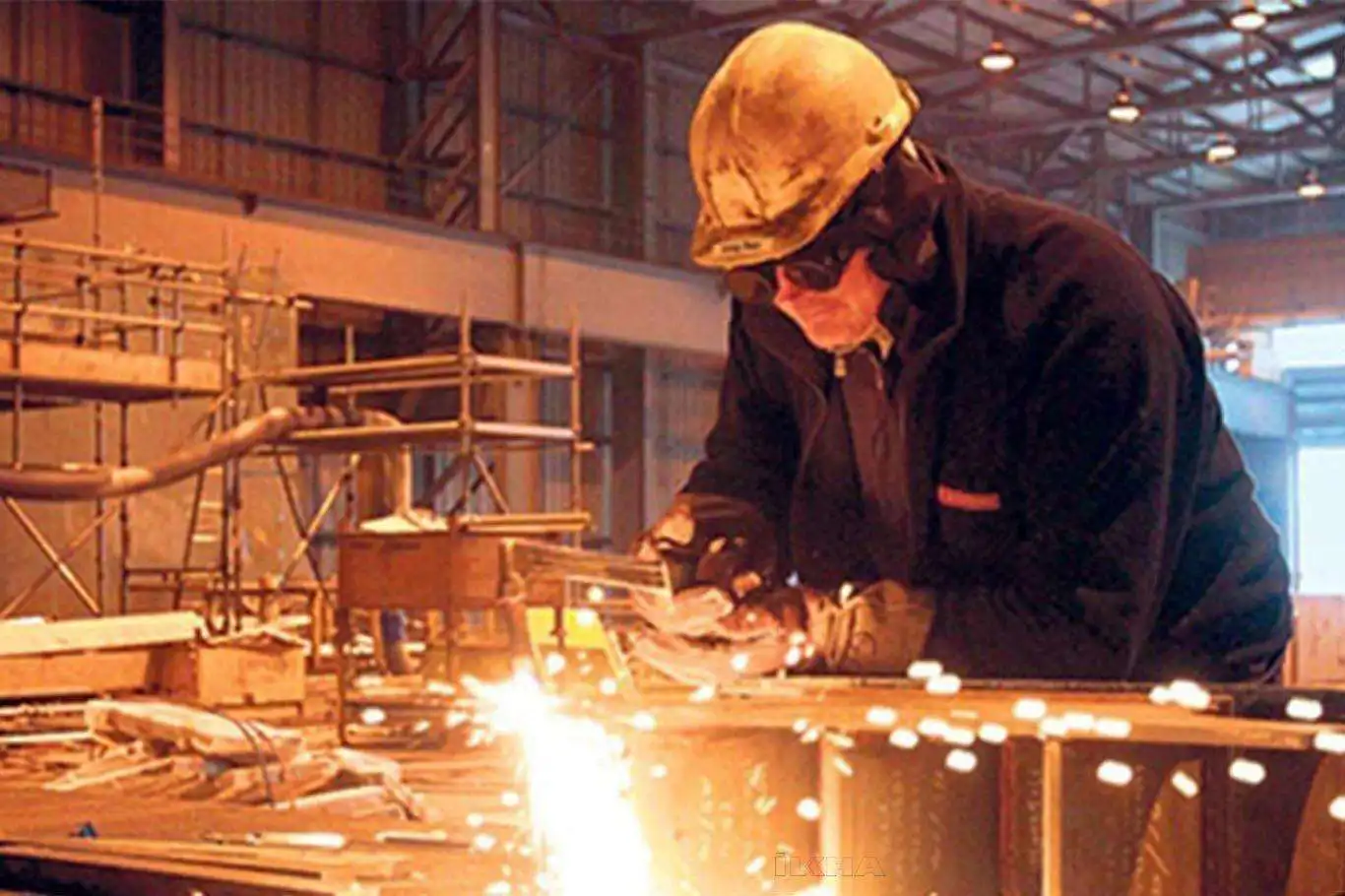Sudanese Army gains ground in Khartoum amid ongoing conflict
The Sudanese army announced significant progress on Sunday in its battle against the Rapid Support Forces (RSF) militia, claiming control over key areas in the capital, Khartoum, as the nation’s civil war continues.
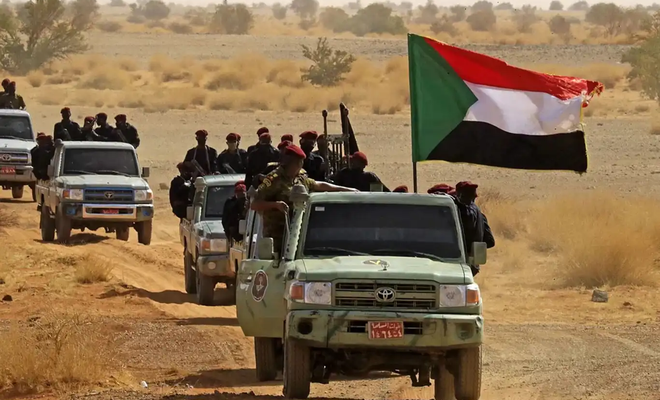
 Google News'te Doğruhaber'e abone olun.
Google News'te Doğruhaber'e abone olun. In a statement, the army declared it had seized the Al-Ruwad residential complex in central Khartoum, inflicting heavy losses on the RSF.
"The heroes of the Armored Corps in the Al-Shajara military area have taken control of the Al-Ruwad residential complex and inflicted heavy losses in lives on the 'rebel militia' while adhering to the protection of private and public property in accordance with international law and the rules of engagement," the statement read.
The RSF, which has been engaged in conflict with the Sudanese army since April 2023, has yet to respond to these latest developments but has accused the military of targeting civilian areas in the capital.
Since September 2024, the Sudanese army has launched extensive operations to regain control of Khartoum, recapturing key areas including Bahri, Al-Muqran, and neighborhoods in southern Omdurman. On Saturday, the army announced additional progress, taking Jabal Al-Bakash in northern Khartoum and advancing near the Al-Jili refinery.
Meanwhile, in central Sudan, RSF leader General Mohamed Hamdan Dagalo, known as Hemedti, acknowledged a defeat in the city of Wad Madani but vowed to continue the fight. "We lost a battle but not the war," he said, reaffirming his forces’ readiness to retake lost territories.
Outside Khartoum, violence persists in the state of North Darfur. Eyewitnesses reported RSF shelling in the Zamzam camp and an attack on Umm Kadada, east of El Fasher. Local resistance forces allied with the Sudanese army reportedly repelled the attack, restoring calm to the area.
The ongoing war between the Sudanese army and the RSF has led to a devastating humanitarian crisis, with thousands of civilians killed and over 11 million people displaced. Infrastructure and public services have been severely damaged, while international efforts to broker peace have repeatedly failed.
Adding to the RSF’s challenges, the U.S. Department of the Treasury announced sanctions last week on Hemedti and seven UAE-based companies accused of arming and funding the militia. The sanctions were imposed for their alleged role in destabilizing Sudan and undermining its democratic transition.
The sanctions, coupled with allegations of ethnic cleansing and other war crimes by the RSF, are expected to increase pressure on the group. Observers believe this development could reshape Sudan’s political and military landscape as the conflict approaches its second year.
Regional and international actors continue to call for an end to the violence and a return to peace talks, but with both sides entrenched in their positions, a resolution remains elusive. (ILKHA)




























